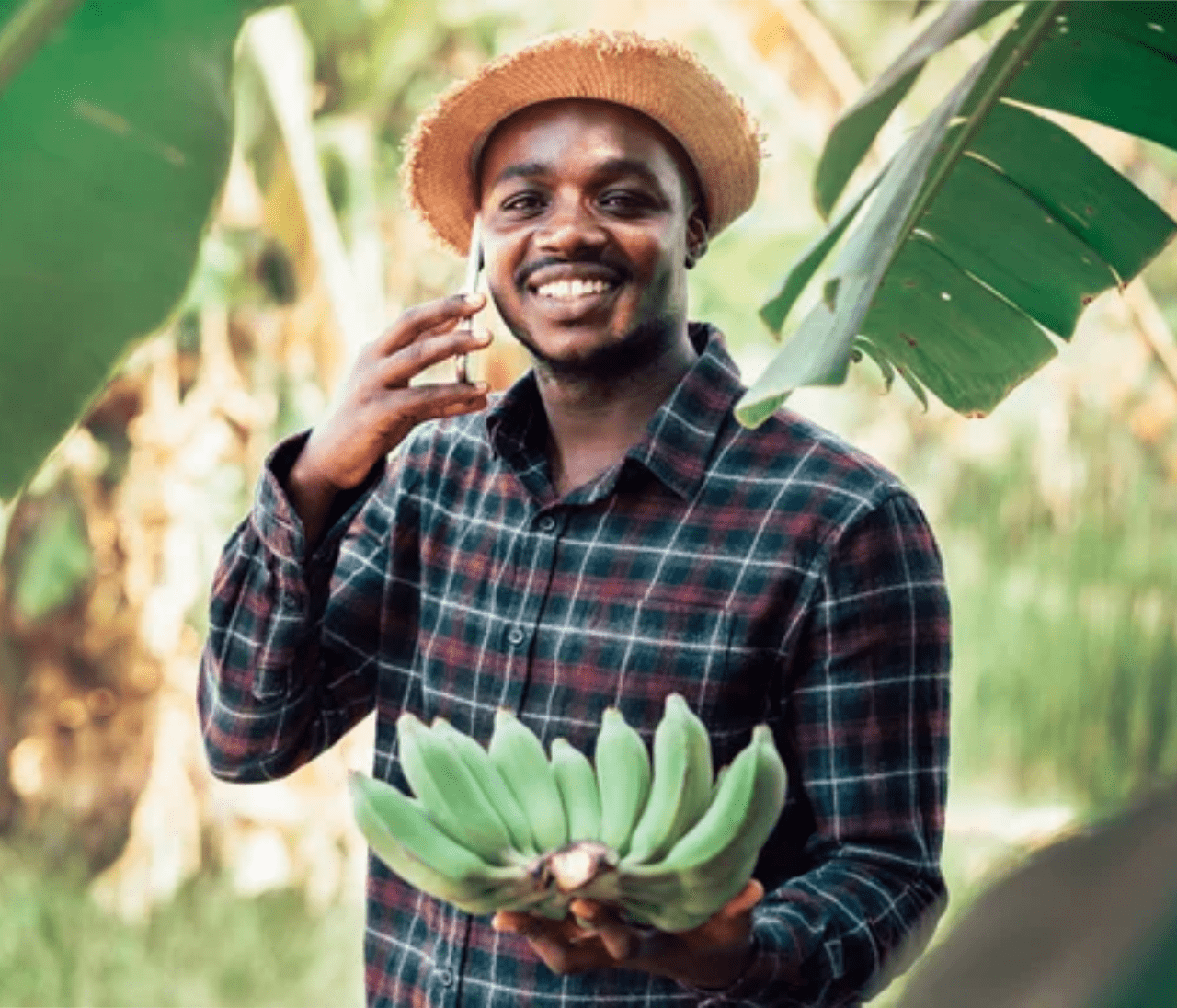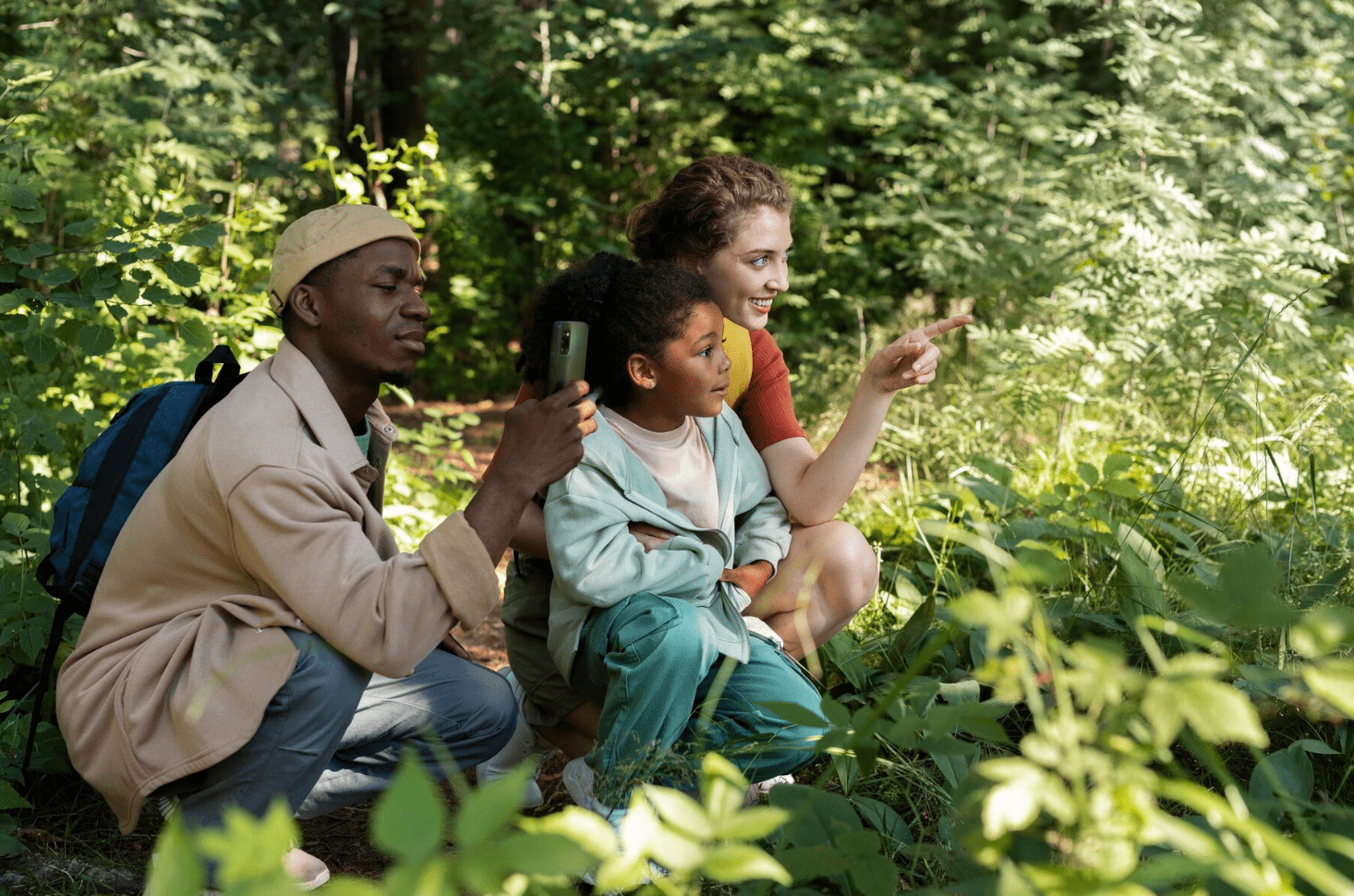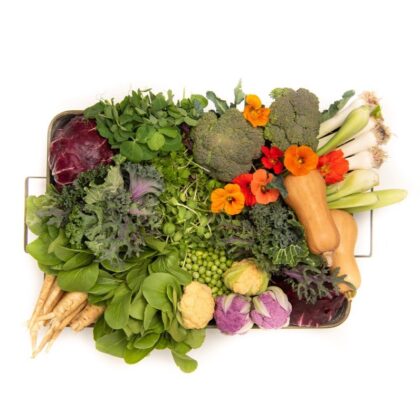Nestled in the heart of nature, Kabakedi was born from a passion for sustainable farming and a love for the countryside. Our journey began with a simple dream: to share the rich agricultural heritage and serene beauty of our land with visitors from all walks of life. Over the years, Kabakedi has grown into a thriving Agro Ecology destination, offering an authentic and immersive experience that celebrates the harmony between nature, animals, and humans.




